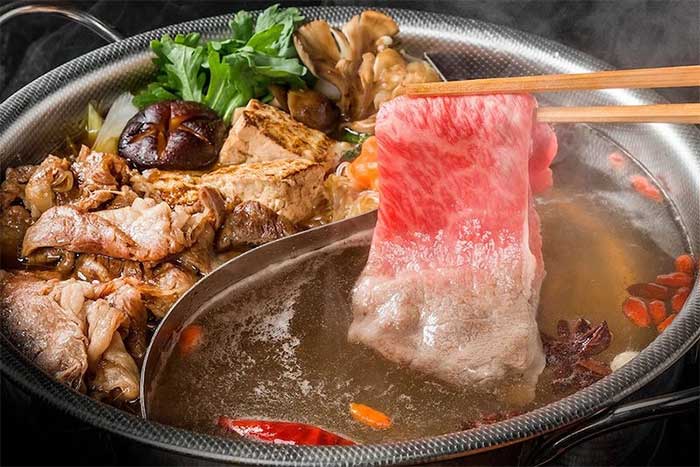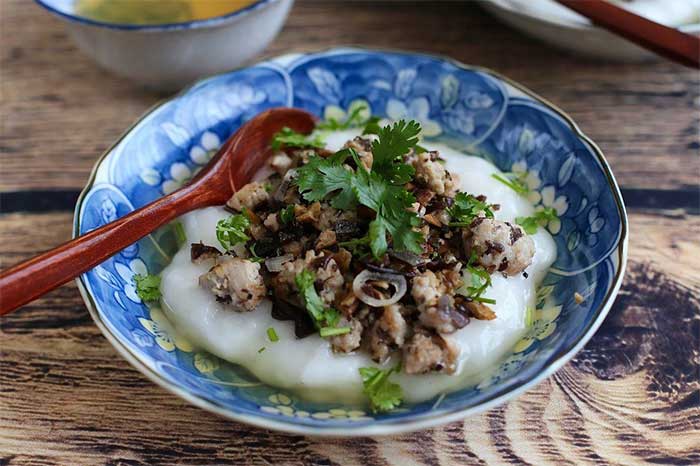Below are the foods that individuals suffering from allergic rhinitis should and should not eat.
Allergic rhinitis may not be life-threatening, but it causes discomfort for patients, impacting their work, study, and daily activities. This condition results in nasal swelling due to allergies from factors such as temperature, dust, humidity, air pressure, and pet dander.
When affected, patients may experience coughing, sneezing, runny nose, itchy nose, itchy eyes, itchy throat, nasal congestion, throat inflammation or itchiness, watery eyes, headaches, rashes, and fatigue.

For patients with allergic rhinitis, dietary choices should be made with caution.
According to therapist Dr. Emily Telfair (working in Baltimore, USA): Antihistamines are essential for patients with allergic rhinitis. However, we may not need to rely on them excessively by adopting some scientific lifestyle changes. Modifying our diet is a good way to start.
For individuals with allergic rhinitis, dietary caution is necessary as food can be one of the triggers. By combining medication with proper nutrition, patients can recover quickly and avoid the recurrence of allergic rhinitis.
Here are the foods that individuals with allergic rhinitis should and should not eat.
2 Foods to Avoid When Suffering from Allergic Rhinitis
1. Spicy Foods and Alcoholic Beverages

Consuming too many spicy foods like chili and pepper can lead to frequent sneezing.
Eating excessive spicy foods such as chili and pepper can cause nasal itching and continuous sneezing. Additionally, it is advisable to avoid alcoholic beverages as they can lead to dehydration, thickening mucus in the nose, and swelling of the nasal and sinus membranes.
According to Dr. Emily, alcoholic drinks like wine can excessively stress the body, impairing its ability to respond to environmental allergens.
2. Foods That Are Common Allergens
Be more cautious when selecting food, avoiding common allergens that may cause throat itching or irritation, triggering a recurrence of allergic rhinitis.
While fish is beneficial for individuals with allergic rhinitis, seafood is not. Some types of seafood that are cold in nature or highly allergenic, such as shrimp and crab, should be consumed with caution.
Peanuts, peaches, and celery are among many foods that can cause allergies, so consider them carefully before consumption.
3 Beneficial Foods for Those with Allergic Rhinitis
1. Warming Foods

Warming foods help prevent allergic rhinitis and sinusitis. (Illustrative image).
When suffering from allergic rhinitis, you can consume plenty of ginger, garlic, and onions, as these foods contain many antibiotic properties that help prevent allergic rhinitis and sinusitis.
Additionally, you should incorporate foods that nourish the lungs into your daily meals, such as taro, jujube, glutinous rice, longan, and brown sugar.
2. Fruits and Vegetables
Apples, oranges, and tomato juice are fruits rich in antioxidants, which have been studied to combat allergic rhinitis and asthma, making them highly recommended.
Moreover, Dr. Emily Telfair advises increasing the consumption of onions, apples, and cabbage. All of these contain quercetin, a compound that helps stabilize mast cells, which release histamine when your body reacts to allergens. Patients should consume these regularly to alleviate inflammation in the body.
3. Omega-3 Rich Fish
Therapist Dr. Emily Telfair states that fish rich in Omega-3, such as salmon, mackerel, and sardines, help prevent inflammatory reactions in the respiratory tract and can alleviate allergy symptoms. You should actively include these foods in your diet to treat and prevent allergic rhinitis.


















































